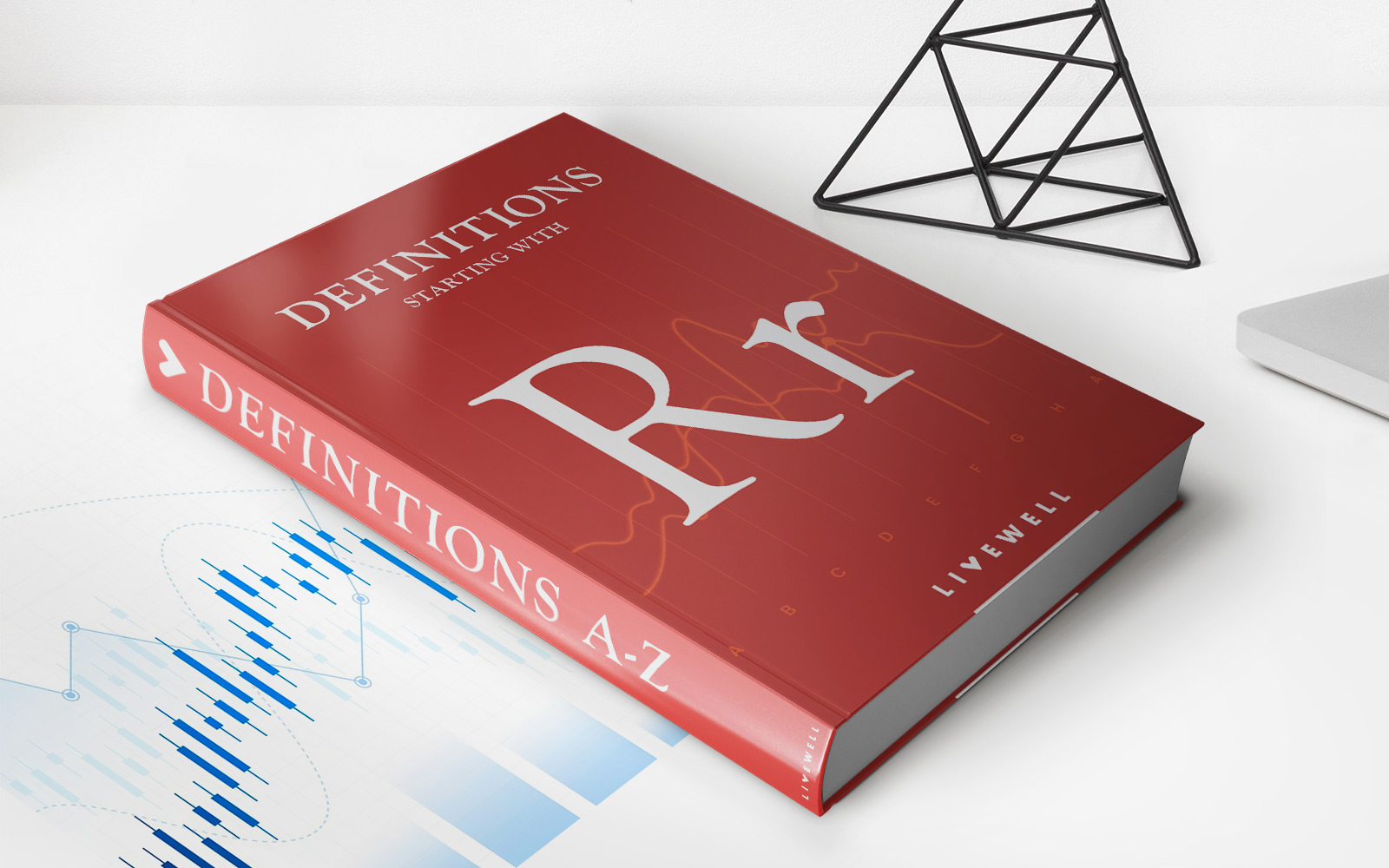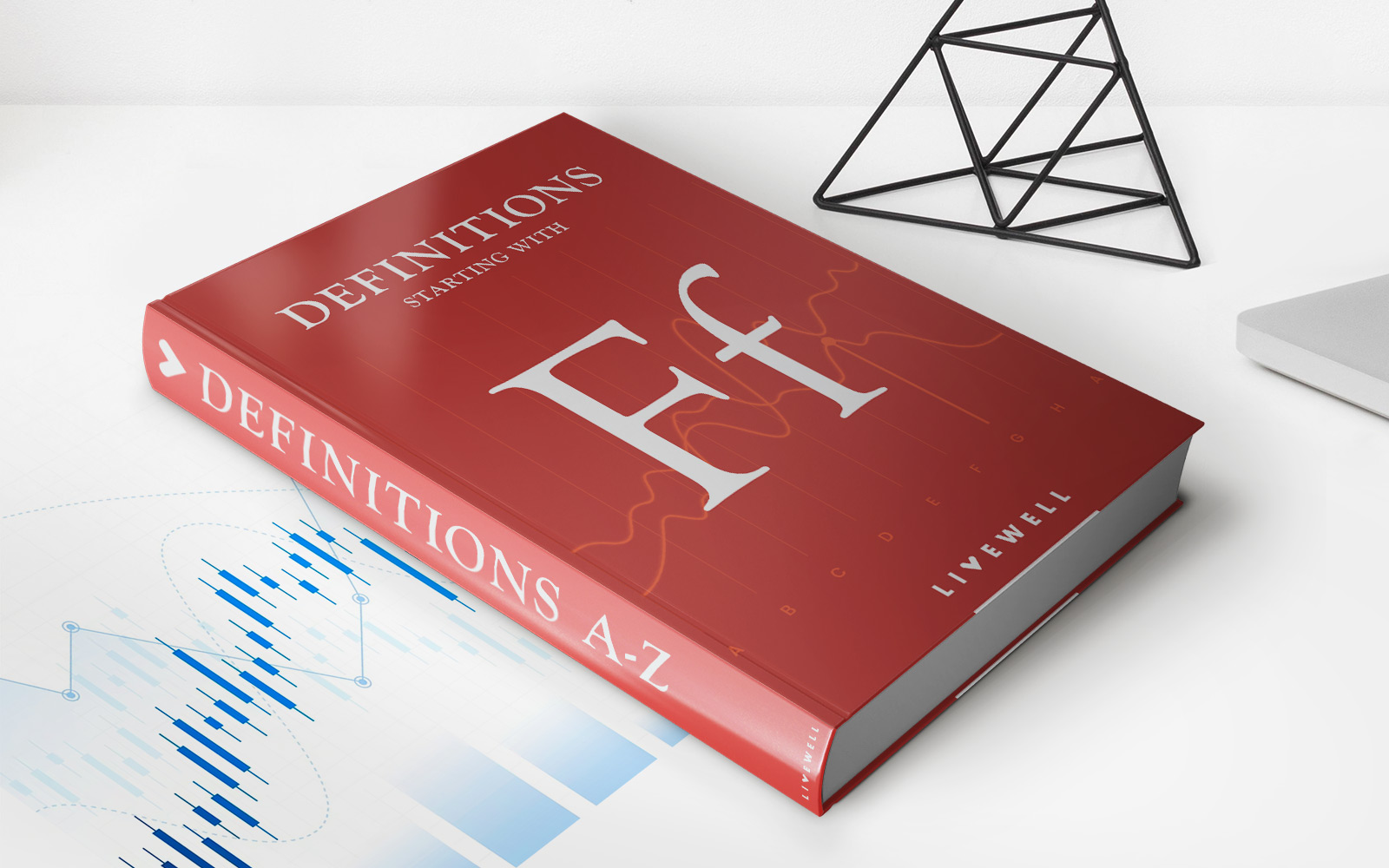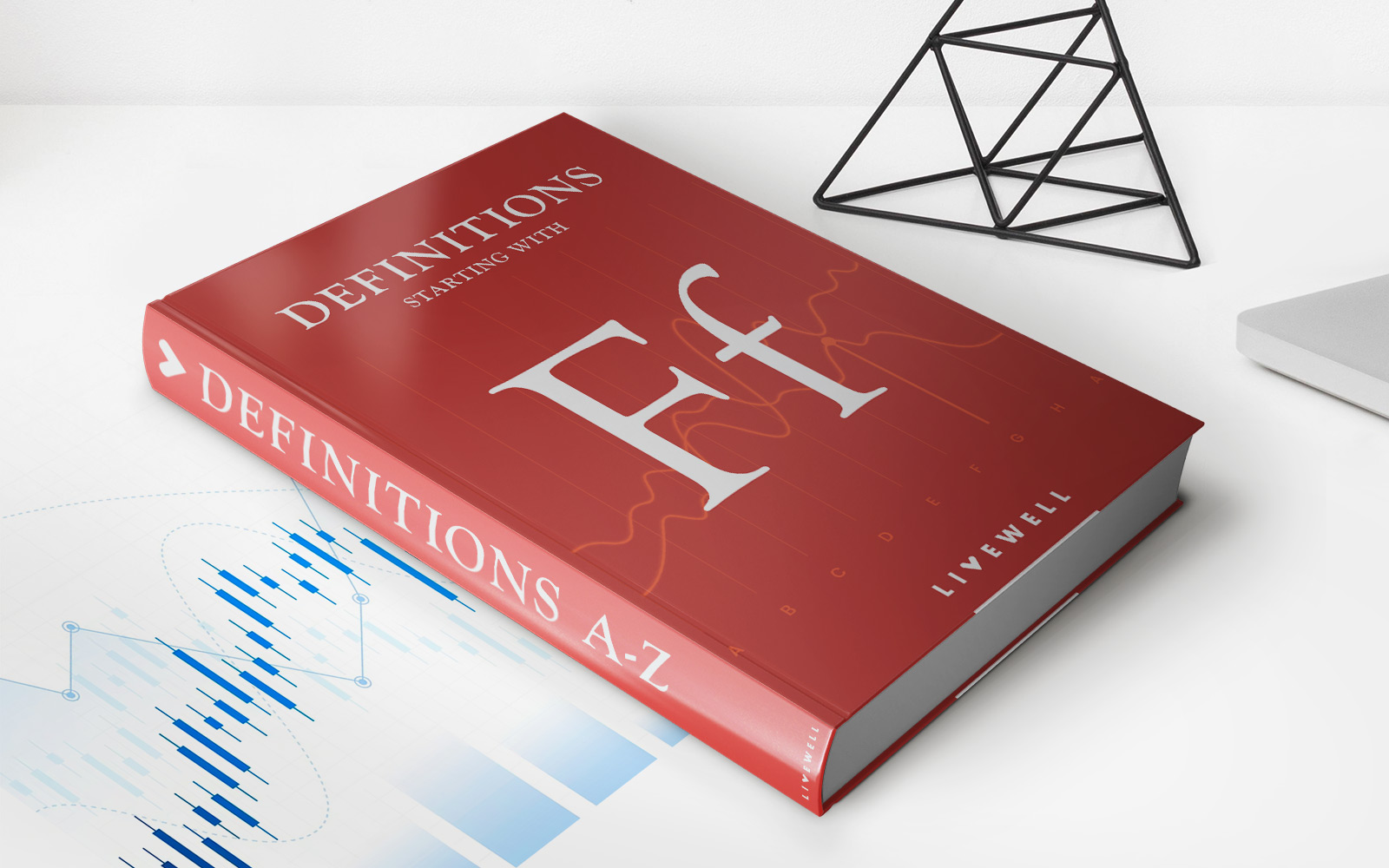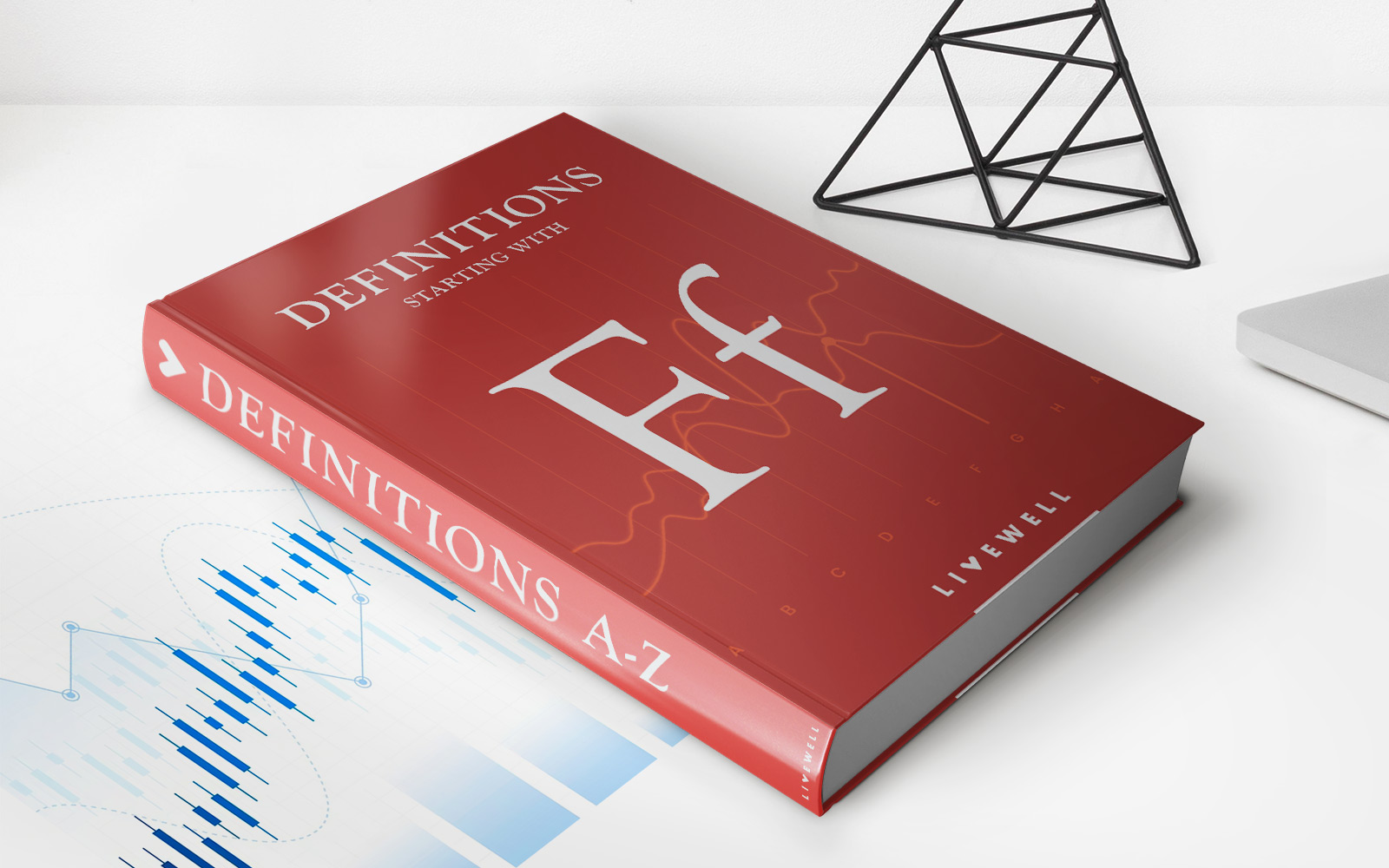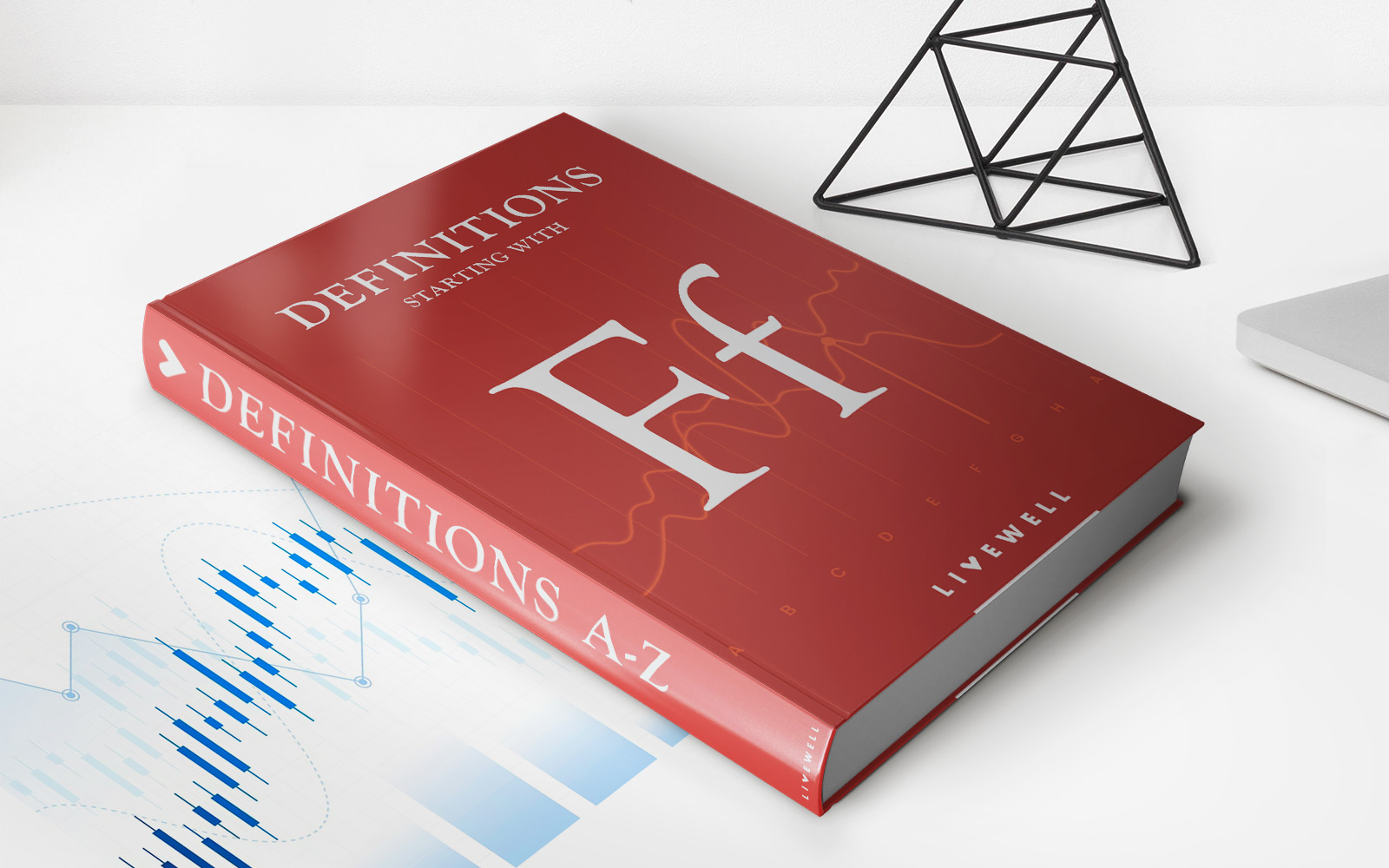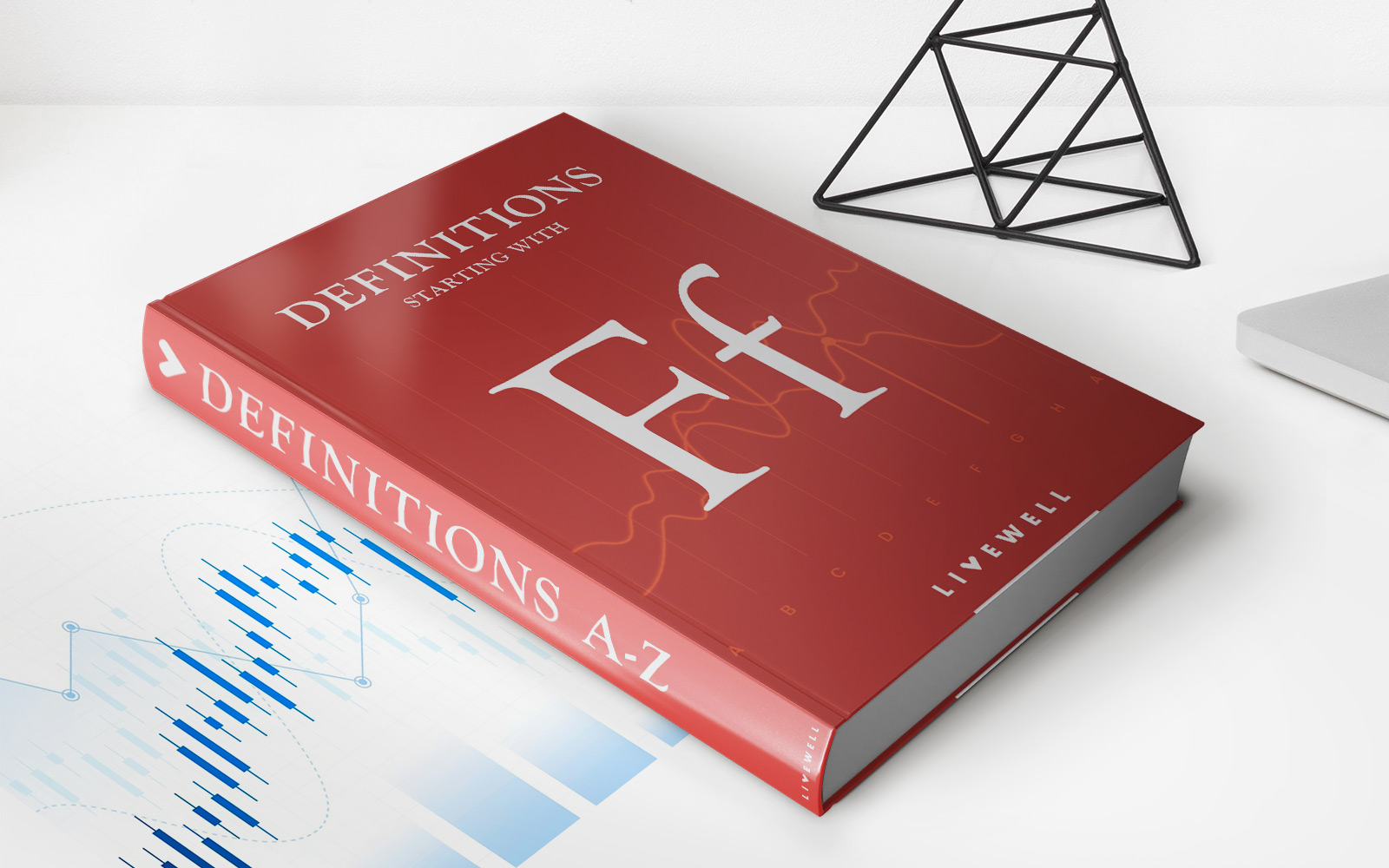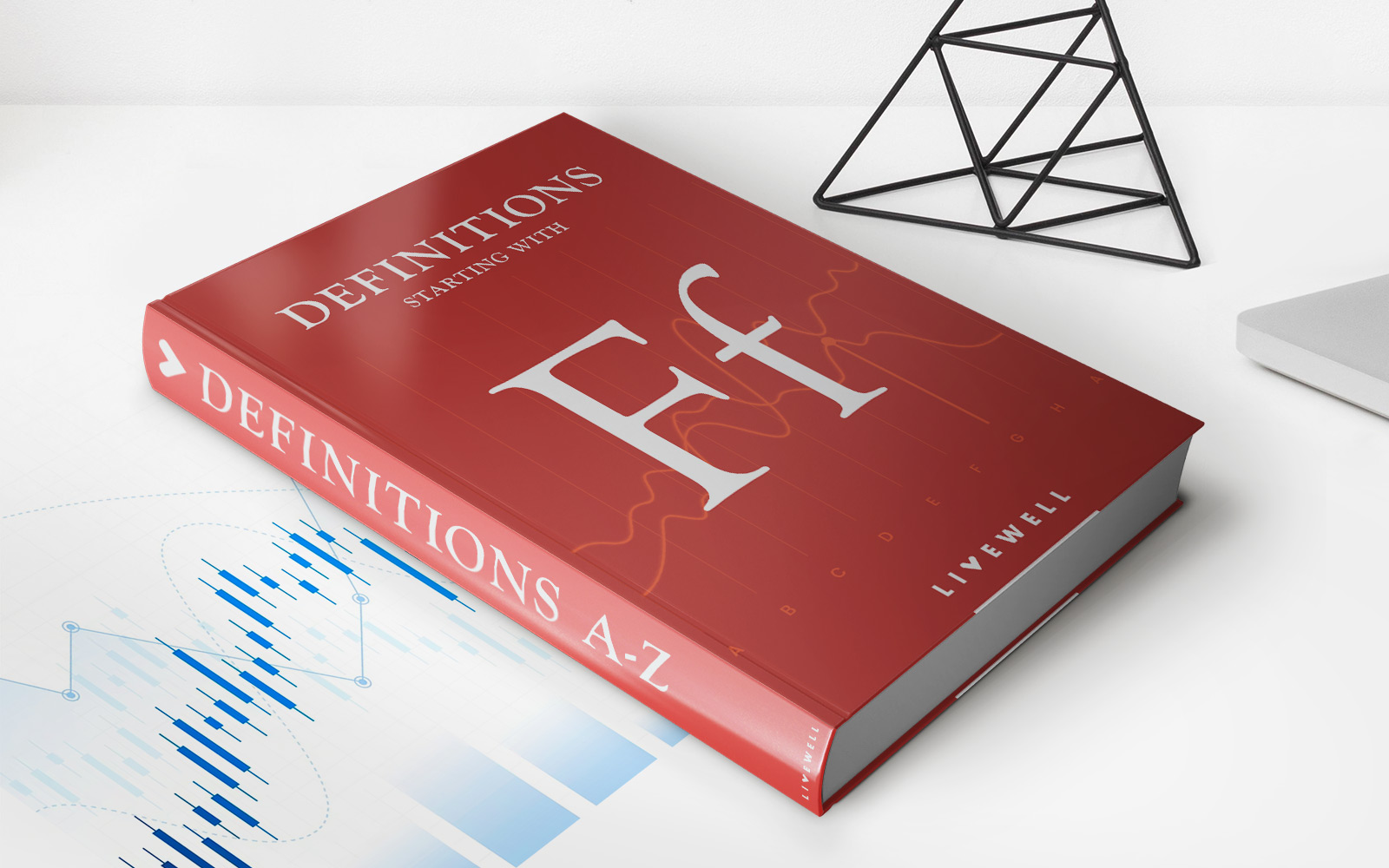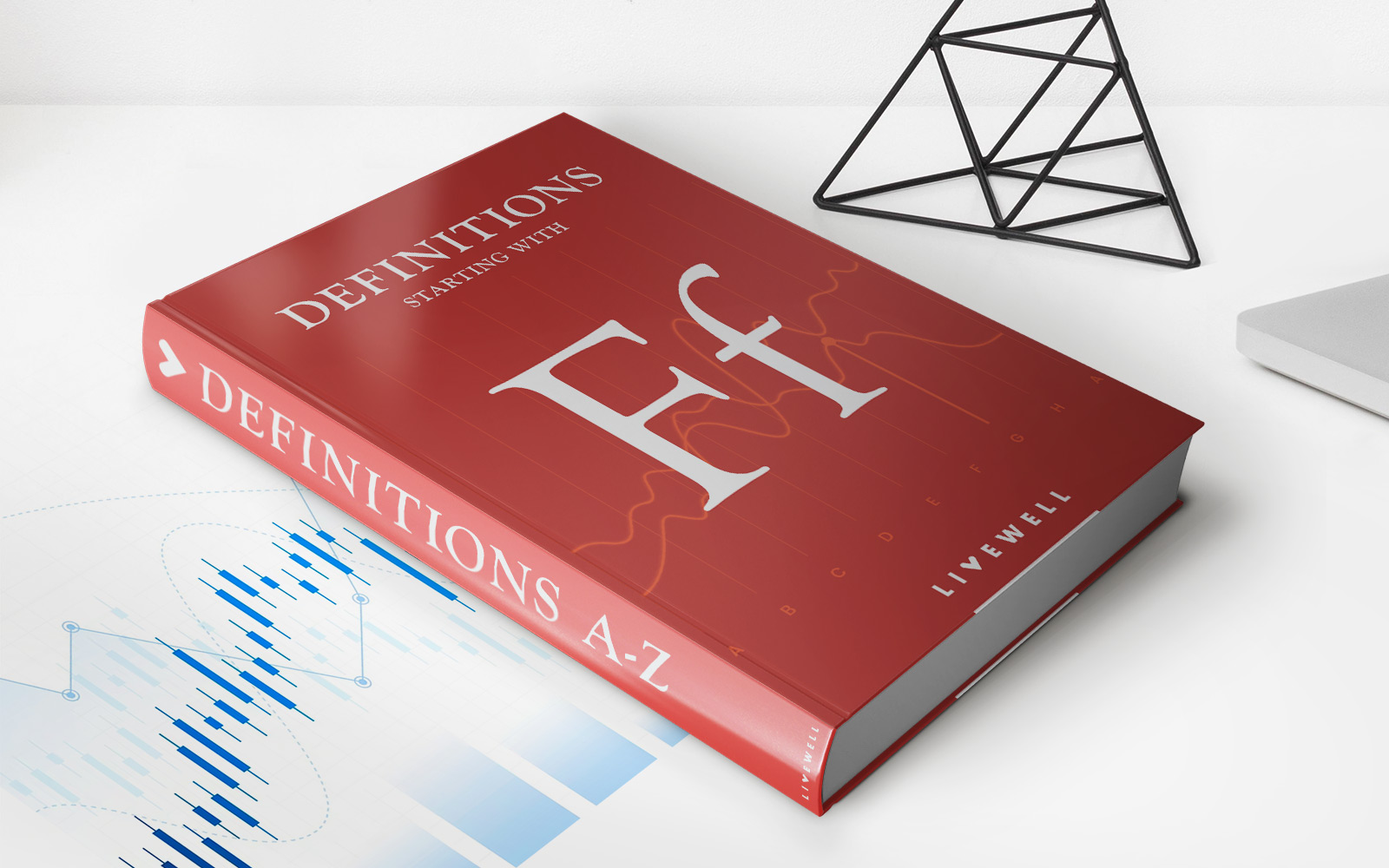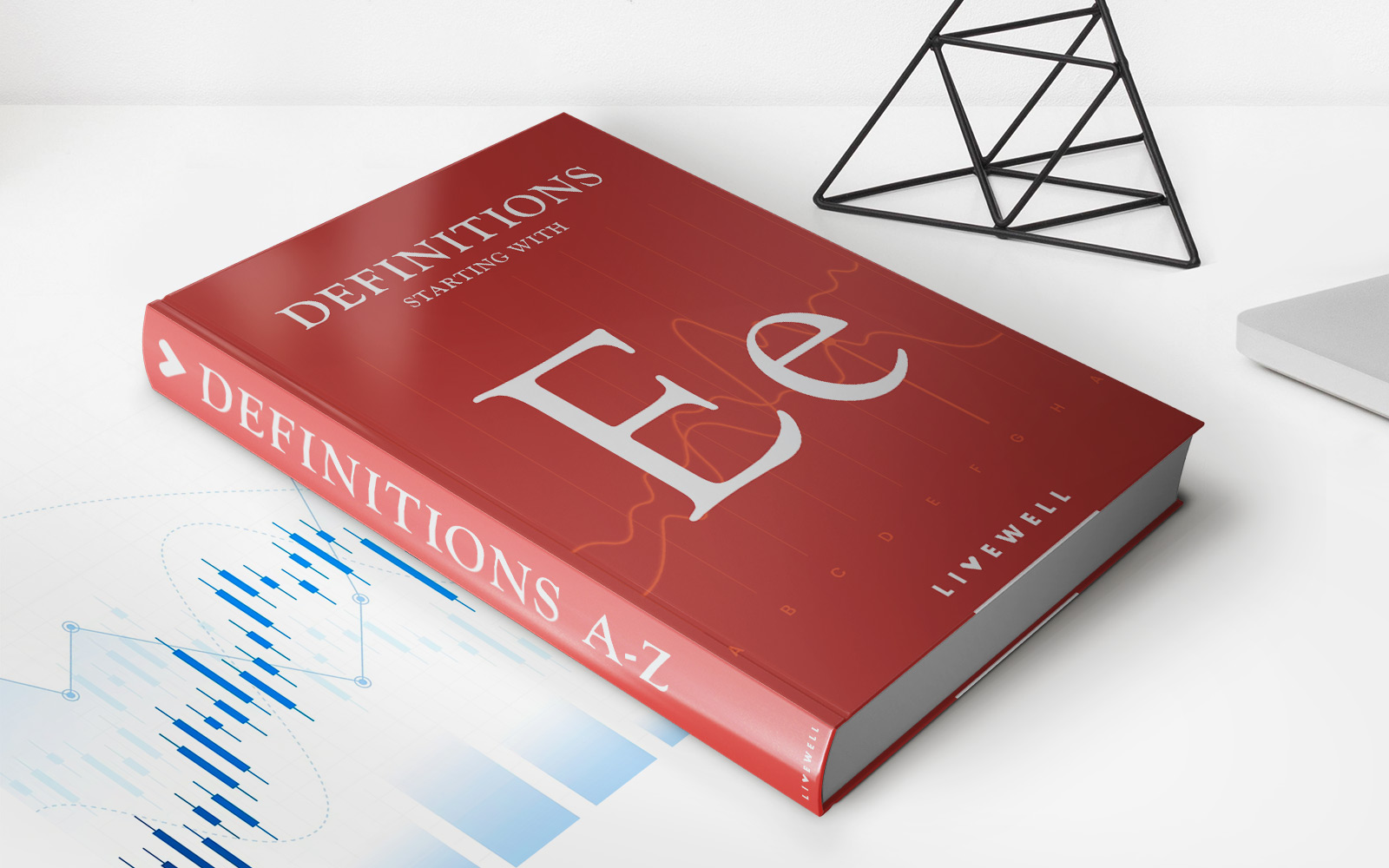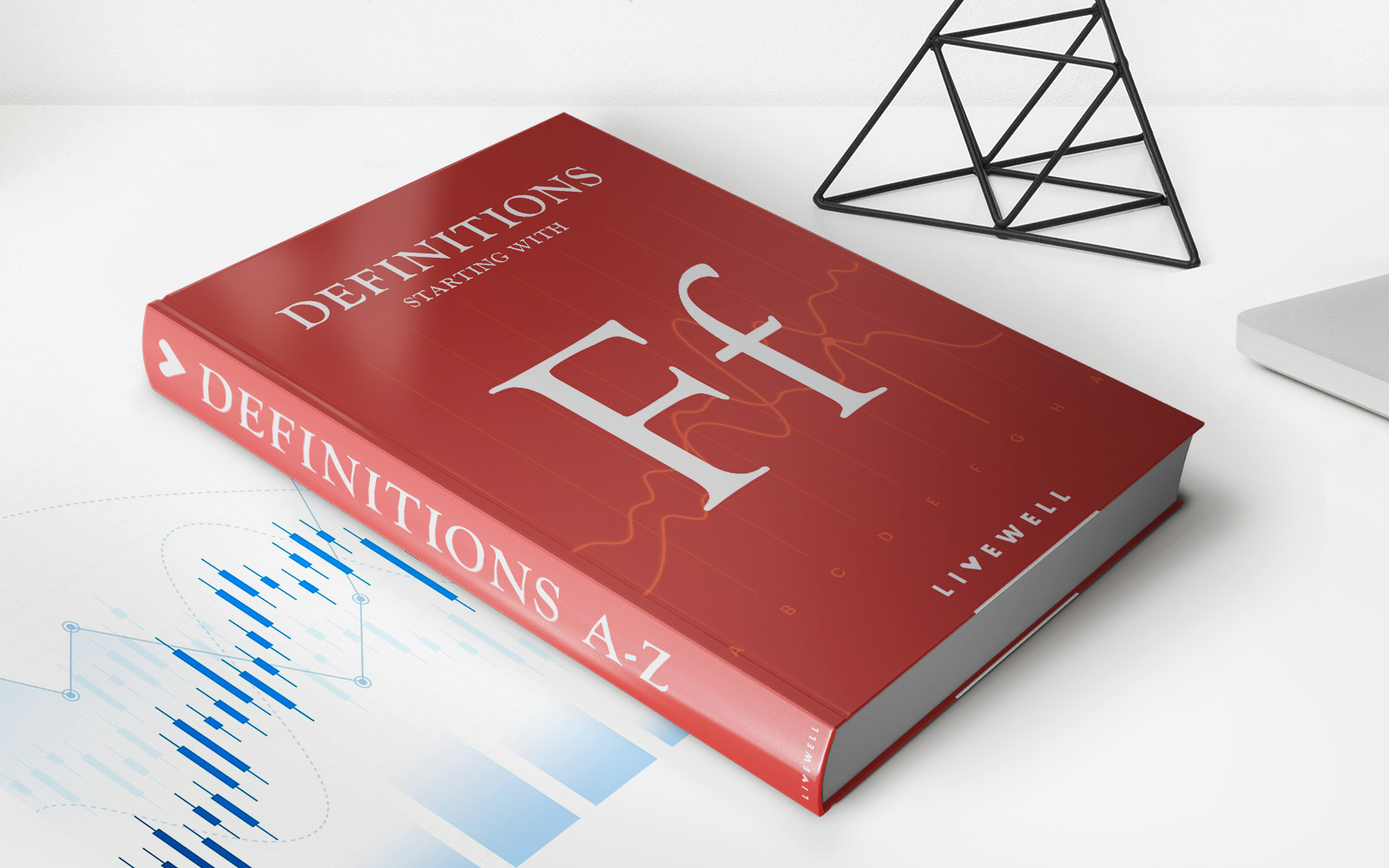

Finance
Forwardation Definition
Published: November 28, 2023
Discover the meaning of forwardation in finance and how it impacts investment strategies. Stay ahead of the game with our comprehensive definition.
(Many of the links in this article redirect to a specific reviewed product. Your purchase of these products through affiliate links helps to generate commission for LiveWell, at no extra cost. Learn more)
Understanding Forwardation Definition: A Guide to Financial Terminology
Welcome to our Finance category, where we provide valuable insights and information to help you navigate the complex world of finance and investment. In today’s post, we will be exploring the concept of forwardation definition, a term frequently used in financial markets. Whether you’re a seasoned investor or just starting your financial journey, understanding forwardation can be beneficial in making informed decisions about your investments.
Key Takeaways:
- Forwardation refers to the situation when a commodity’s price in the futures market is higher than its spot price.
- It indicates market expectations of a future price increase and can impact hedging strategies and investment decisions.
What is forwardation and how does it impact financial markets?
Forwardation, also known as contango, is a term used in financial markets to describe the situation when the future price of a commodity is higher than its spot price. This condition typically occurs when the demand for a commodity is expected to increase in the future, leading to higher prices. In a forwardation market, buyers are willing to pay a premium to purchase the commodity at a later date.
Forwardation plays an important role in hedging strategies and investment decisions. Let’s dive deeper into how it affects various aspects of the financial landscape:
1. Commodities and Futures Contracts
Commodities, such as oil, gold, or agricultural products, often experience forwardation due to factors like supply and demand dynamics, weather conditions, or geopolitical events. Investors and traders can use futures contracts to lock in the purchase of a commodity at a specific price for delivery in the future. The existence of forwardation provides an opportunity for market participants to profit from the expected price increase.
2. Investment Strategies and Risk Management
Understanding forwardation is crucial for investors looking to develop effective investment strategies and manage risk. For example:
- Hedging: Companies involved in the production or consumption of commodities might use futures contracts to hedge against price volatility. By taking a long position in a futures contract, they can lock in a purchase price, mitigating potential losses resulting from price increases.
- Speculation: Traders who anticipate a price increase may take a long position in a futures contract, aiming to profit from selling the contract at a higher price in the future.
- Arbitrage: Forwardation can create opportunities for arbitrage, where traders exploit price differences between the spot and futures markets. By buying the commodity at the spot price and selling it at a higher future price, they can make a profit.
It’s important to note that forwardation is not always a guarantee of price increases. Market conditions can change, and prices may not follow the expected trajectory. Therefore, thorough analysis and market research are necessary before making any investment or trading decisions.
In conclusion, forwardation definition is a critical concept for anyone involved in financial markets. By understanding this term and its implications, investors and traders can make more informed decisions, manage risk, and potentially profit from market expectations. Stay tuned for more valuable finance insights in our Finance category. As always, consult with a financial advisor or professional before making any investment decisions.

